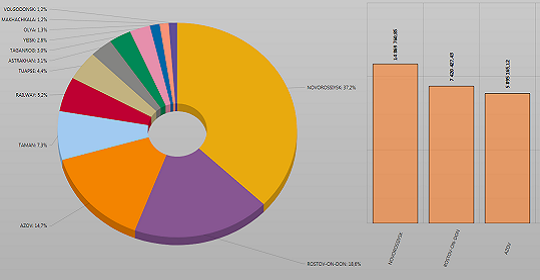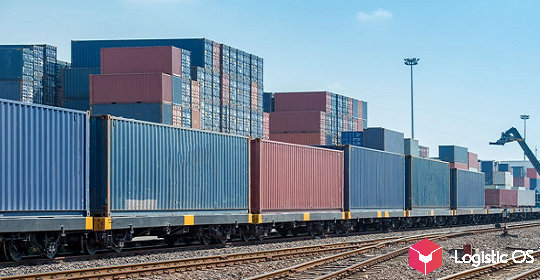Currently, most of the creameries are sorely lacking sunflower seeds for work. Against this background, prices for it are growing more and more.
Export duties are a tool that is actively used by the RF Ministry of Agriculture in relation to many crops.
Including sunflower. From July 1, 2021 to August 31, 2022, a duty of 50% is set on it, but not less than $ 320 per ton.
For Russian buttermakers, this duty was a real gift, because it was supposed to lead to the fact that a significant part of the crop would remain in the country.
But it turned out that it was too early to rejoice: from September 1, 2021 to August 31, 2022, the export duty was also raised for butter makers.
As a result, despite the rise in world prices, it became unprofitable to sell oil abroad, because the duty is floating, and it grows along with the market.
Will buttermakers cope with the problem?
The problem is this:
On the one hand, sunflower is rapidly becoming more expensive. Now on the Russian domestic market, it costs about 38-40 thousand rubles per ton. Not the fact that this is the limit of the cost. Accordingly, the costs of creameries are growing.
The duty does not allow revenue growth . As a result, export income does not increase.
All this leads to the fact that a number of enterprises no longer know how to behave in the current situation.
Some, like Kernel, are switching from sunflower to other raw materials. In particular, for the current financial year, it processed 482 thousand tons of seeds, of which 109 thousand tons are rapeseed.
But obviously this is not an option. Now the Russian government is looking for solutions.
In particular, there is an option to revise the export duty on oil. However, while the issue is being resolved, its very consideration has already caused a reaction from the market:
If the government lowers the export duty, the buttermakers will earn more money.
If so, they will have extra money to buy expensive raw materials.
In this case, nothing prevents you from keeping stocks of sunflower in warehouses, waiting for a new rise in prices.
Many manufacturers think about this today.
Some buttermakers say that in a number of regions up to now 80% of sunflower seeds have not been sold to anyone.
This creates many risks: from spoilage of raw materials as a result of storage to a new jump in prices.
However, the leap can be in the opposite direction.
After all, if the warehouses are full, then the price will inevitably fall. Many buttermakers are counting on this, who see the prospect of reducing the cost of raw materials to 30 thousand rubles per ton.
At the same time, it is very important for buttermakers that the current situation be resolved as quickly as possible.
After all, they simply will not be able to work with negative profitability for a long time.

